Search the Special Collections and Archives Portal
Search Results
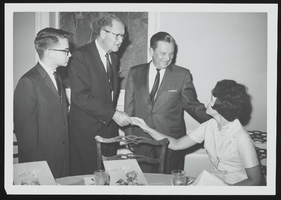
Howard Cannon speaking with three unidentified people: photographic print
Date
Archival Collection
Description
Image
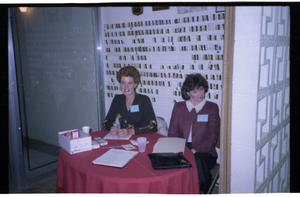
Film transparency of Chris Hall and an unidentified woman at an event at the Mesquite Club of Las Vegas, Nevada, mid-1980s
Date
Description
Image
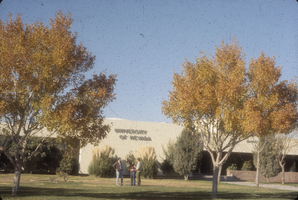
Slide of Maude Frazier Hall, University of Nevada, Las Vegas, 1971
Date
Archival Collection
Description
East exterior of Maude Frazier Hall, University of Nevada, Las Vegas.
Image
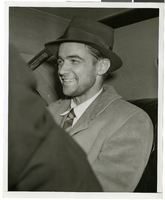
Photograph of Howard Hughes in New York, July 1938
Date
Archival Collection
Description
Image
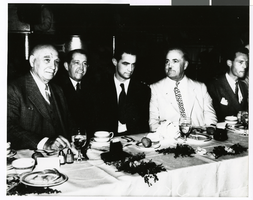
Photograph of Howard Hughes seated at banquet table, circa 1930s
Date
Archival Collection
Description
Image
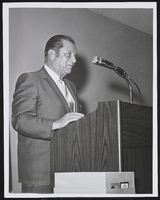
Senator Howard W. Cannon: photographic print
Date
Archival Collection
Description
Image
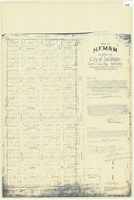
Plat of H.F.M & M addition to city of Las Vegas, Clark County, Nevada, comprising the west 1/2 of N.W. 1/4 Sec. 27, Twp. 20 S., R. 61 E., M.D.B & M, March 8, 1924
Date
Description
Image
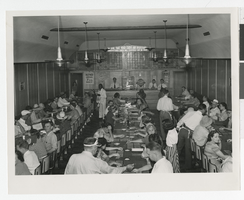
Photograph of people in a bingo hall, Las Vegas (Nev.), 1930s
Date
Archival Collection
Description
Image
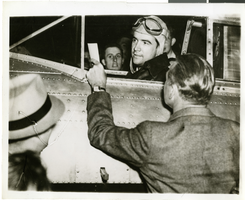
Photograph of Howard Hughes, Glendale, California, circa 1937
Date
Archival Collection
Description
Image

Transcript of interview with Howard & Dorothy Cannon by K.J. Evans, September 28, 1998
Date
Archival Collection
Description
On September 28, 1998, K.J. Evans interviewed former United States Senator Howard Cannon (born 1912 in St. George, Utah) about his life and political experiences. Also present were his wife, Dorothy Cannon, his daughter, Nancy Downing, and another participant identified as Caroline Rose. Cannon first talks about his family background and his parents’ occupations before mentioning his involvement in a music band and his pastime of flying aircraft. He then discusses his first political involvement and mentions his work for the Las Vegas City Attorney’s Office. Evans then asks about Cannon’s service with the Air National Guard and his combat experiences during World War II, specifically on D-Day. The interview then moves to a discussion on some of the work Cannon fulfilled as a senator, particularly military-based projects and black projects, and his work in creating Nellis Air Force Base. Evans later asks Cannon questions about his interaction with presidents, his thoughts on the Vietnam War, his support for civil rights, and his politically liberal stance as a lawmaker. Cannon also provides details on his relationships with Senators Walter Baring and Alan Bible, his interaction with Lyndon B. Johnson, and his campaign against Chic Hecht.
Text
